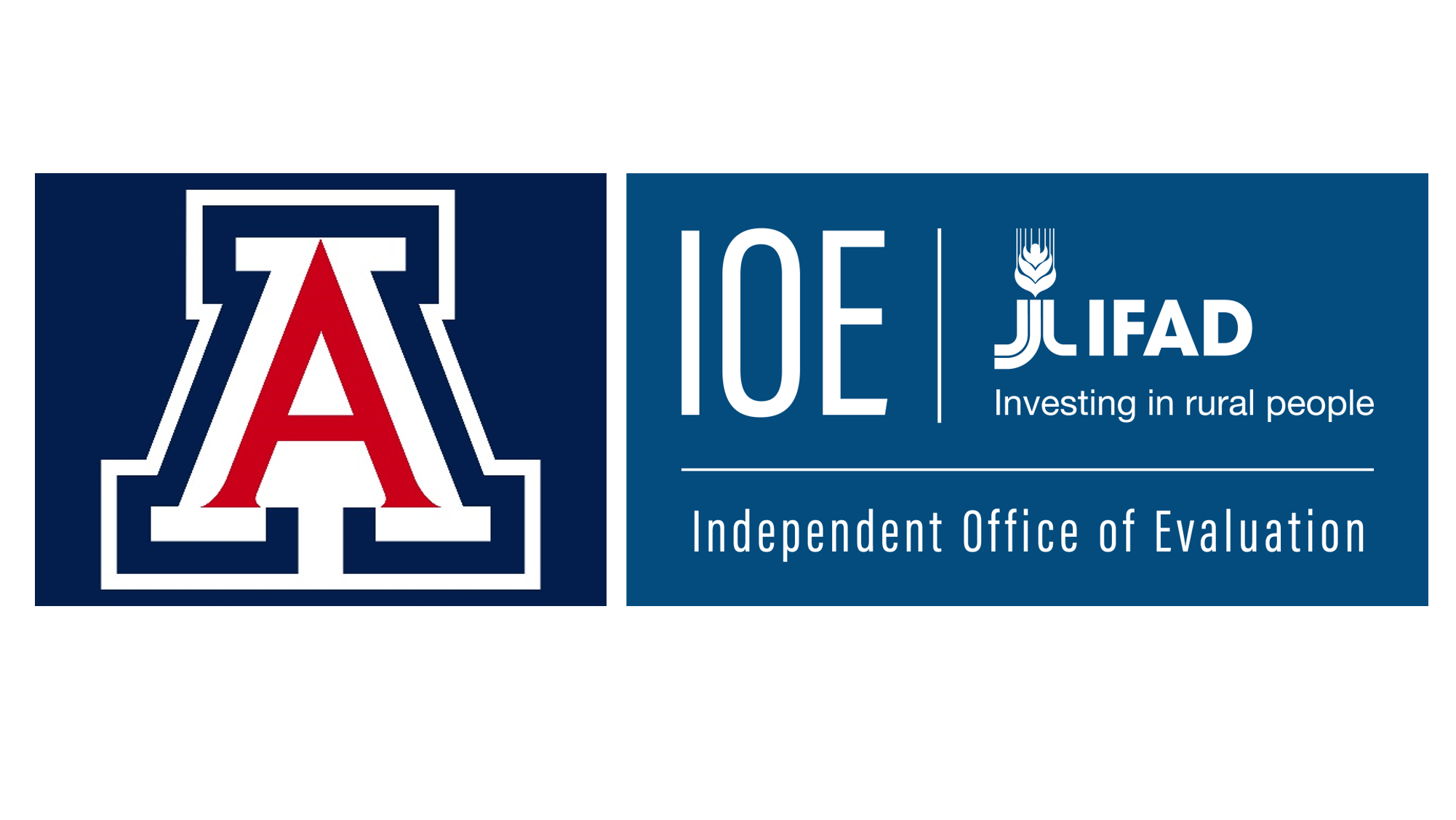Call for papers: Targeting of the Poor - IOE
The Initiative for Agency and Development at the University of Arizona, and the Independent Office of Evaluation of IFAD have launched a call for papers on cutting-edge applied evaluation research on targeting of the poor and ultra-poor.
What to submit
We seek papers in the broad area of targeting of the poor and ultra-poor in developing countries. We strongly encourage studies focusing on rural areas, broadly defined, but other studies will be also considered. We welcome papers from researchers and practitioners in economics, anthropology, rural sociology, and related fields.
Where to submit
Please send your submission to [email protected] (with cc: [email protected]) with the subject line: Submission for Conference on Targeting of the Poor.
Publication Plan
Selected papers will be presented at a conference on Targeting of the Poor, at the University of Arizona, Tucson, Arizona, on 8-9 November 2023. Papers presented at the conference will be circulated as the Initiative for Agency and Development (University of Arizona) Working Papers. An edited book with a top academic publisher is also planned by the conference’s academic leads.
Submission deadline
Full paper submission is preferred. Extended abstract with a detailed description of data and method will be also considered: 01 August, 2023.
For more information on submission topics, selection criteria and timeframes, please see the official guidance note here

